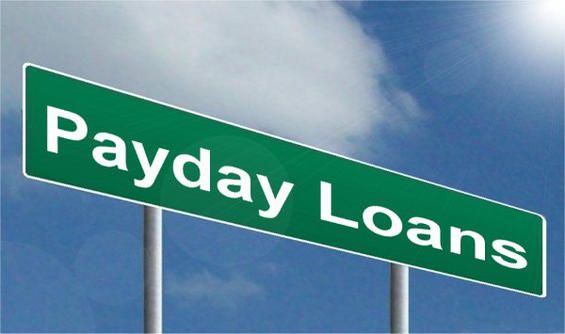Introduction
Best payday loans uk are short-term, high-cost loans designed to provide quick cash for emergencies or unexpected expenses. One of the reasons they are popular is the simplicity of the application process, which is much faster than traditional bank loans. However, understanding the steps involved, the documentation required, and the affordability checks lenders perform is crucial for responsible borrowing.
Step 1: Determine Your Eligibility
Before applying for a payday loan, you must ensure you meet the basic eligibility criteria. In the UK, most lenders require that applicants:
- Are at least 18 years old.
- Are permanent UK residents.
- Have a regular source of income, such as wages, benefits, or self-employment income.
- Possess a UK bank account and debit card for repayments.
Eligibility criteria can vary slightly between lenders, so it’s wise to check the specific requirements before submitting an application.
Step 2: Choose a Lender
Borrowers can select between high street payday lenders and online providers. While high street lenders still exist, the majority of payday loans are now arranged online. Online lenders often provide faster approvals, digital documentation, and direct transfers to your bank account. FCA-authorised lenders should always be chosen to ensure regulatory compliance and consumer protection.
Step 3: Complete the Application Form
The application process is straightforward and usually completed online. Applicants provide personal information including:
- Name, address, and date of birth.
- Employment or income details.
- Bank account and debit card information.
- Any outstanding debts or financial commitments.
Accuracy is essential; incorrect information can lead to delays or rejection. Some lenders also use open banking or automated tools to verify your income and affordability.
Step 4: Affordability Check
The FCA requires payday lenders to conduct affordability checks. These checks ensure that you can realistically repay the loan without experiencing undue financial hardship. The lender will assess:
- Your monthly income and expenses.
- Existing debts and financial commitments.
- Any previous borrowing history, including defaults or missed payments.
If the lender determines that repayment is unaffordable, the application may be declined. This step protects borrowers from taking on debt they cannot manage.
Step 5: Loan Offer and Agreement
If approved, the lender will present a loan offer detailing:
- Loan amount.
- Repayment date.
- Total cost of the loan, including interest and fees.
- Any default fees or penalties.
It is vital to read the agreement carefully, ensuring that you understand all costs and repayment obligations. FCA rules mandate transparency in terms and conditions, so all fees must be clearly stated.
Step 6: Receiving Funds
Once the agreement is signed, funds are usually transferred directly to your bank account, often within a few hours for online applications. High street lenders may provide cash immediately, depending on the branch. Borrowers should plan carefully to ensure funds are used responsibly and repayment can be made on the due date.
Step 7: Repayment
Repayment is typically a single lump sum on the agreed-upon date, usually taken automatically from your bank account via Continuous Payment Authority (CPA). Some lenders may allow early repayment or repayment plans if necessary. Ensuring timely repayment is critical to avoid default fees and damage to your credit score.
Conclusion
The application process for UK payday loans is designed to be quick, transparent, and accessible. By understanding the steps—from eligibility and lender selection to affordability checks and repayment—you can make informed borrowing decisions. Responsible use of payday loans helps address short-term financial emergencies without creating long-term debt problems, while FCA regulations provide a safeguard to ensure fair treatment of borrowers.


